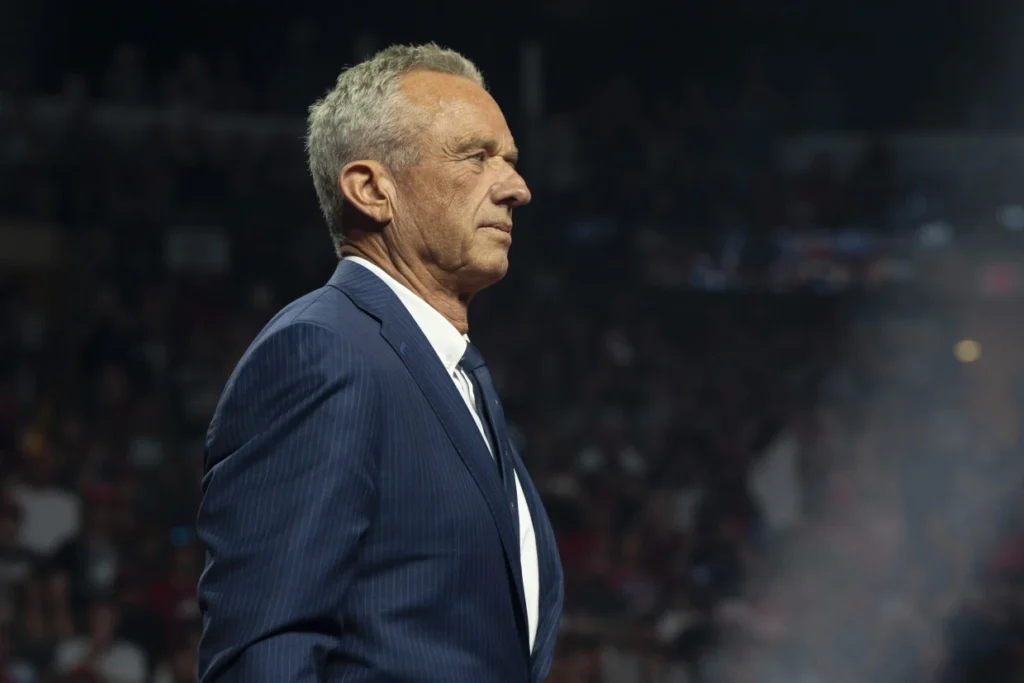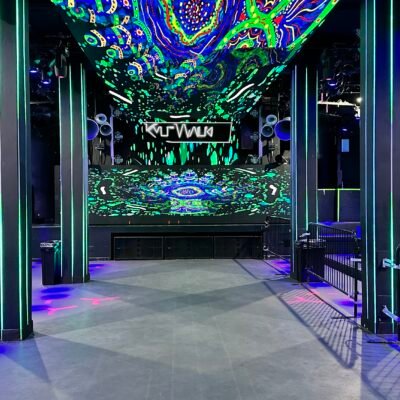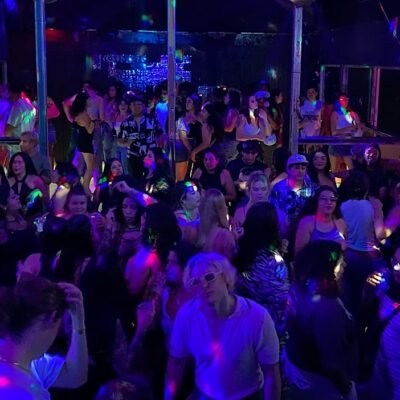The Supreme Court has rejected a censorship case filed by an anti-vaccine group led by Robert F. Kennedy Jr., ending a lawsuit that targeted the Biden administration and major tech platforms like Facebook and YouTube. The decision, made without comment, marks a significant moment in the ongoing conflict between public health policy, misinformation, and the boundaries of free speech in the digital era.
Who Filed the Censorship Case?
The lawsuit was filed by Children’s Health Defense (CHD), a nonprofit founded and chaired by Robert F. Kennedy Jr., a prominent environmental attorney and current independent presidential candidate known for his anti-vaccine views. CHD has been active in challenging government vaccination policies and spreading skepticism about vaccine safety, particularly during the COVID-19 pandemic.
The group claimed that the federal government pressured or conspired with tech platforms such as Meta (Facebook and Instagram), YouTube, and Google to silence their views on vaccines and public health measures. According to CHD, this amounted to a violation of First Amendment rights, since the government allegedly used private companies to censor what it couldn’t do directly.
Supreme Court Refuses to Hear the Case
On June 30, 2025, the Supreme Court declined to hear the case, effectively ending CHD’s legal challenge. The decision means that the previous lower court ruling—which had dismissed the lawsuit—will stand.
The high court did not provide a written opinion or explanation, which is common when it chooses not to take up a case. This does not necessarily mean the Court agrees with the lower court’s decision, but simply that it will not intervene.
What Was the Lawsuit About?
The case, Children’s Health Defense v. Biden, argued that:
- The federal government coerced or strongly encouraged tech companies to suppress views critical of COVID-19 vaccines, masking policies, and lockdowns.
- Platforms removed, downranked, or flagged CHD’s content based on government influence.
- These actions violated CHD’s First Amendment rights, as the government allegedly acted indirectly through tech companies.
However, lower courts did not agree with this reasoning. A U.S. District Court ruled that the platforms had their own community guidelines and were under no legal obligation to host content that spread misinformation. An appeals court upheld that ruling, stating that CHD failed to provide enough evidence of direct government coercion or control over the platforms’ content decisions.
Kennedy’s Response
Robert F. Kennedy Jr., who is currently running as an independent in the 2024 presidential race, responded sharply to the Court’s decision.
“The Supreme Court’s refusal to hear our case is deeply disappointing and a blow to the First Amendment,” Kennedy said in a statement.
“Big Tech and the government worked hand in hand to silence dissenting voices, and now the highest court in the land has refused to act.”
CHD also released a statement calling the decision a missed opportunity to hold the government accountable for what it views as an erosion of constitutional rights in the digital age.
What This Means for Free Speech and Tech
This case is one of many recent battles over the intersection of government policy, misinformation, and tech company moderation practices.
Tech companies have long claimed that they are private entities with the right to moderate content, especially when that content poses public health risks or violates terms of service. During the pandemic, platforms took aggressive steps to combat misinformation sometimes in consultation with government health agencies like the CDC.
Critics, including Kennedy and other free-speech advocates, argue that these efforts often cross the line into government-directed censorship, especially when public agencies pressure platforms to take down specific posts.
However, legal experts say that in order for a First Amendment violation to occur, the government must have a direct and significant role in the decision-making process of the private companies. That bar, in this case, was not met, according to multiple courts.

Related Supreme Court Cases
Interestingly, this decision comes just days after the Supreme Court ruled on another high-profile case, Murthy v. Missouri, which involved similar claims. That lawsuit, filed by several Republican-led states and conservative commentators, alleged that the White House and federal agencies like the FBI and CDC coerced tech platforms into censoring posts related to COVID-19 and the 2020 election.
In that case, too, the Supreme Court ruled 6-3 against the plaintiffs, saying they lacked standing to sue. The majority opinion stated that the plaintiffs couldn’t show they were directly harmed by the alleged censorship.
The Kennedy-CHD lawsuit had overlapping themes, and legal analysts believe that the outcome in Murthy v. Missouri likely influenced the Court’s decision not to take up the CHD case.
The Role of Tech Platforms
Tech platforms like Meta, Google, and YouTube have been at the center of ongoing debates about free speech, misinformation, and public accountability.
- Meta and YouTube have content moderation policies that aim to combat misinformation, especially in areas like health and elections.
- These platforms rely on fact-checking organizations, internal review teams, and sometimes government or scientific guidance to shape their decisions.
- Critics argue that this creates a “collusion-like” environment, where the government indirectly influences private decisions about what information is allowed online.
Still, courts have consistently ruled that unless there is clear coercion or direction from the government, platforms are acting independently and are not bound by the First Amendment.
The Bigger Picture: Free Speech in the Digital Era
The Supreme Court’s rejection of this case highlights a broader legal and social reality:
- Private companies are not held to the same free speech rules as governments.
- Even if the government suggests action, that doesn’t mean it controls the platform.
- Courts require specific, provable connections between state action and private censorship to rule in favor of plaintiffs.
This ruling may discourage similar lawsuits in the future, unless plaintiffs can provide clear evidence of direct government control or coercion.
At the same time, it underscores the growing concern among civil liberties groups and some lawmakers that collaboration between government and tech companies—no matter how well-intentioned—could become a slippery slope.
RFK Jr.’s Presidential Campaign Impact
Kennedy has made free speech a central theme of his campaign. He often criticizes what he calls “the censorship-industrial complex,” suggesting that mainstream media, Big Tech, and the government work together to silence alternative voices.
While his campaign has struggled to gain traction among major party voters, he has a loyal following, especially among libertarians, health freedom advocates, and those skeptical of government overreach.
The Court’s rejection of his case could give him more political ammunition to fuel that narrative, even though it represents a legal defeat.
Public Reaction
Reaction to the Court’s move has been mixed:
- Civil liberties groups like the ACLU have warned about excessive coordination between the government and tech companies but have not endorsed Kennedy’s broader claims.
- Health experts argue that misinformation about vaccines and pandemics poses a real danger and that platforms have a responsibility to remove harmful content.
- Legal scholars believe the courts were right to reject the case, noting that conspiracy theories and distrust do not meet legal thresholds for government interference.
Conclusion
The Supreme Court’s rejection of the censorship case from RFK Jr.’s anti-vaccine group brings an end to a controversial legal battle that tried to test the limits of free speech in a digital world shaped by misinformation and government intervention.
While the lawsuit’s dismissal marks a legal setback for Kennedy and Children’s Health Defense, it also keeps intact the legal separation between private content moderation and government censorship. For now, tech companies remain free to enforce their own rules so long as the government doesn’t cross a constitutional line.
Read Next – Supreme Court Campaign Spending Limit: GOP’s Legal Battle Could Reshape U.S. Elections






